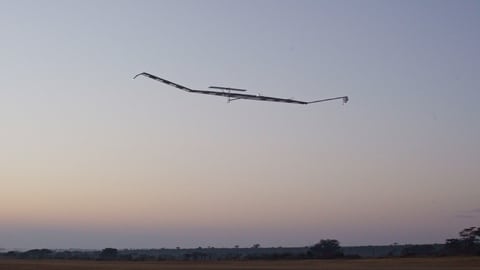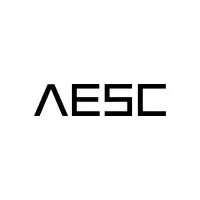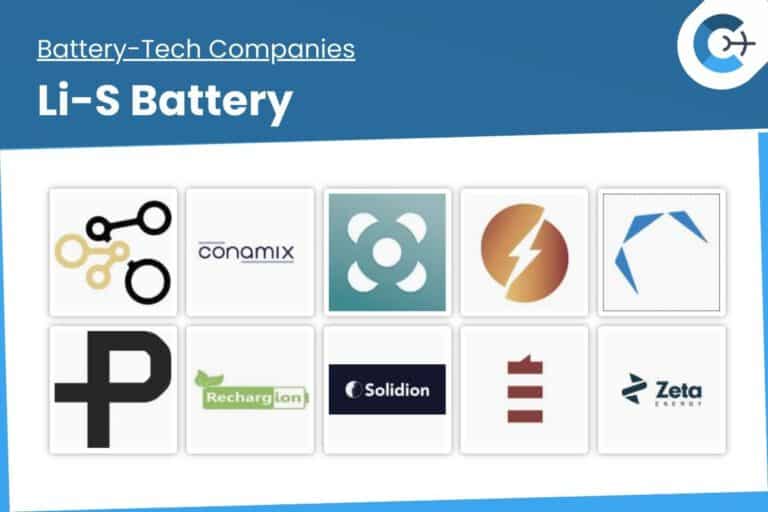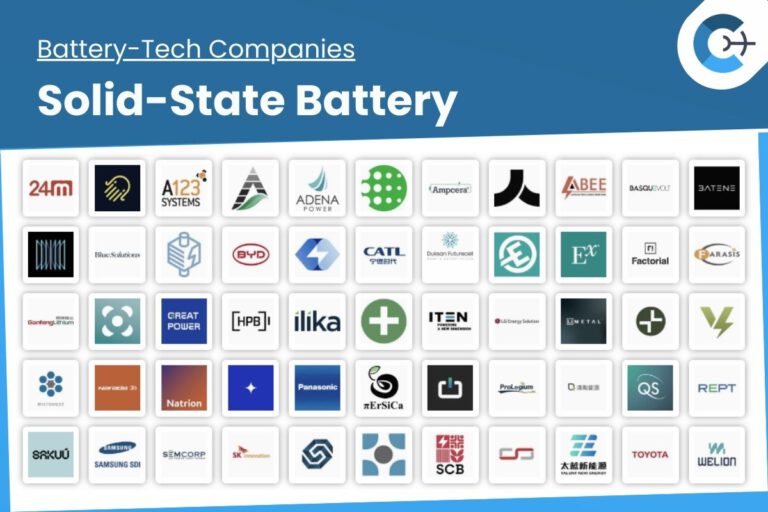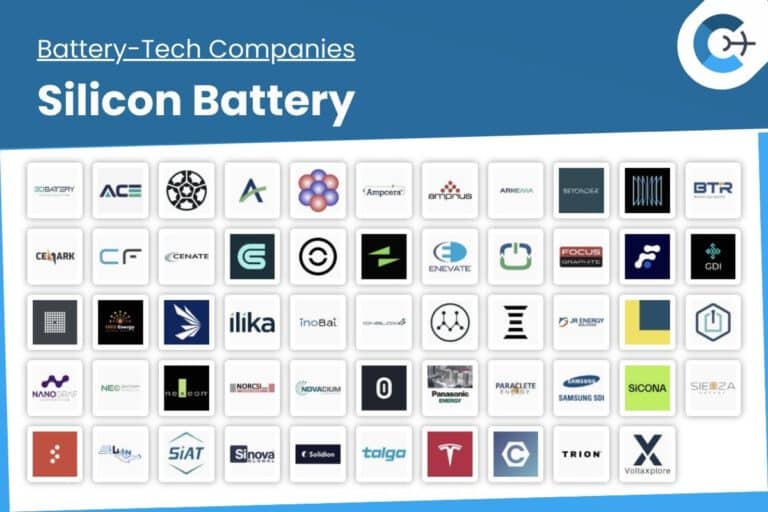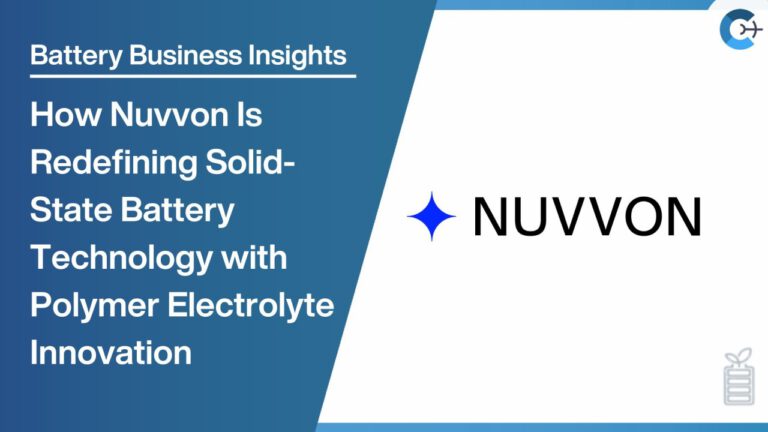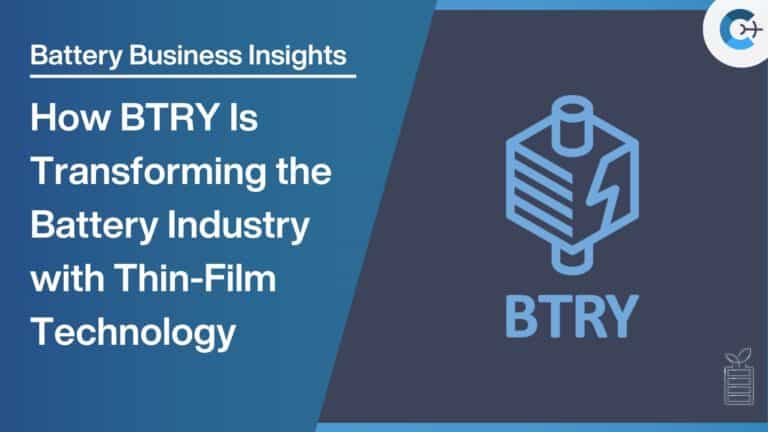Amprius Technologies, Inc., a leader in advanced lithium-ion battery technology, has announced that its silicon anode batteries enabled AALTO’s Zephyr high-altitude pseudo-satellite (HAPS) aircraft to achieve a new world-record flight duration of 67 days. The mission, which concluded on April 28, 2025, operated continuously at altitudes around 70,000 feet, surpassing Zephyr’s previous record of 64 days and establishing the longest uninterrupted flight for an aircraft.
The Zephyr is a solar-powered unmanned aerial vehicle designed to operate in the stratosphere. It harnesses solar energy during daylight hours to recharge its batteries through onboard solar panels and relies on battery power to sustain operations overnight. Amprius’ ultra-high-energy-density lithium-ion cells were crucial in providing the necessary energy storage to maintain Zephyr’s flight across multiple night cycles in the thin stratospheric air. These silicon anode batteries are among the few commercially available options capable of delivering the extended endurance required for persistent HAPS missions, a key factor in the success of the 67-day flight.
This achievement was made possible through a close partnership between Amprius and AALTO HAPS, a subsidiary of Airbus based in the United Kingdom, which specializes in the design, manufacture, and operation of the Zephyr aircraft. Amprius has been a significant supplier of high-performance batteries to AALTO for several years, including powering the 2022 Zephyr flight that lasted 64 days. The latest 67-day mission builds on this foundation, demonstrating the reliability of Amprius’ battery technology and the Zephyr system’s enhanced endurance capabilities.
“We are extremely proud to see our batteries enable this groundbreaking 67-day flight,” said Dr. Kang Sun, CEO of Amprius Technologies. “This accomplishment demonstrates the transformative impact of our silicon anode battery technology in aerospace. By providing the energy needed to keep Zephyr flying through the night, our silicon anode cells made it possible to achieve a new level of endurance for stratospheric aircraft. We are honored to partner with AALTO in pushing the boundaries of what high-altitude platforms can do for both commercial and defense applications.”
“Achieving this 67-day flight is a major milestone for Zephyr and HAPS technology more widely,” said Pierre-Antoine Aubourg, Chief Technical Officer at AALTO.
“Amprius’ high-energy batteries provided the reliable power storage we needed to maintain Zephyr’s day and night operations. Their technology was instrumental in enabling us to break our own endurance record, demonstrating that persistent stratospheric missions and capabilities are now a reality. We look forward to continuing our collaboration with Amprius as we focus on our remaining flight program for 2025.”
The extended flight duration highlights the potential of HAPS platforms for various applications, including continuous border surveillance, secure communications relay, and environmental monitoring. In the defense sector, such ultra-long endurance capabilities are valuable for persistent intelligence, surveillance, and reconnaissance (ISR) missions, as well as maintaining connectivity over critical areas without interruption.
Source: Amprius

